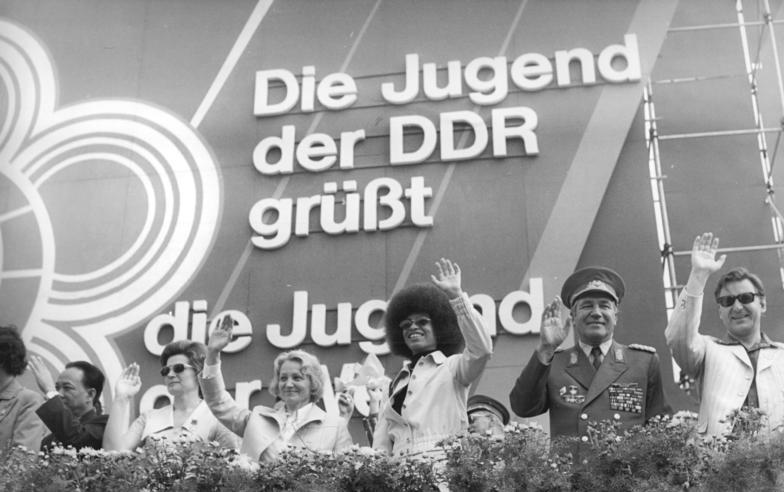Central Europe in the Global Twentieth Century

The history of twentieth-century Central Europe is widely regarded as an era of nationalism and has typically been studied through the prism of national histories. But how might we study the tumultuous history of this region in transnational, international, or global perspective? This paper provides students with an opportunity to explore the social, cultural, and political history of Central Europe from the collapse of multi-ethnic empires and the formation of new states after the First World War through the violence of the Nazi New Order and the coming of the Cold War until the eastward enlargement of the European Union in 2004.
The paper explores Central Europe as a laboratory for new national and international orders, and as a region that has been shaped by alternative globalisations in the twentieth century. We will ask how the national histories of particular countries – including today’s Germany, Austria, Czech Republic, Hungary, Slovakia, or Poland – have been influenced by global processes of circulation, connection, and structural transformation that transcend their borders. This approach seeks to inspire critical engagement with concepts familiar to European historiography and social science, such as ‘nation’, ‘revolution’, ‘progress’, or ‘society’. Themes will include migration and displacement, space and environment, labour and welfare, protest movements, gender and race, genocide and violence, and human rights and humanitarianism.
This paper draws on concepts and approaches from social, political, and international history, inviting reflection on the everyday and intimate lives of Europeans throughout the twentieth century, as well as high politics. Students will encounter a diverse range of historical actors, from international lawyers and statesmen to refugees, immigrants, and relief workers, from workers, peasants and priests to housewives and students, on the streets of Berlin or Prague, in the Alps, along the Danube, or amidst the industrial pollution of coalfields and factories. We will study source material including diaries, films, novels, press, oral histories, or the archives of non-governmental organisations and international organisations. More broadly, the module aims to engage with debates about writing Europe into global history.
General Reading
Buchanan, Tom, Europe’s Troubled Peace, 1945-2000 (Oxford: Blackwell, 2006)
Clavin, Patricia and Glenda Sluga, eds. Internationalisms: A Twentieth-Century History (Cambridge: Cambridge University Press, 2017)
Conway, Martin, Pieter Lagrou, and Henry Rousso, eds, Europe's Postwar Periods - 1989, 1945, 1918 : Writing History Backwards (London: Bloomsbury, 2017)
Judt, Tony, Postwar (London: Heinemann, 2005)
Mazower, Mark, Governing the World: The History of an Idea (New York, 2012)
Sluga, Glenda, Internationalism in the Age of Nationalism (Philadelphia: University of Pennsylvania Press, 2013)
Image: A demonstration in Berlin in 1973 from German Federal Archives.
This material is intended for current students but will be interesting to prospective students. It is indicative only.
